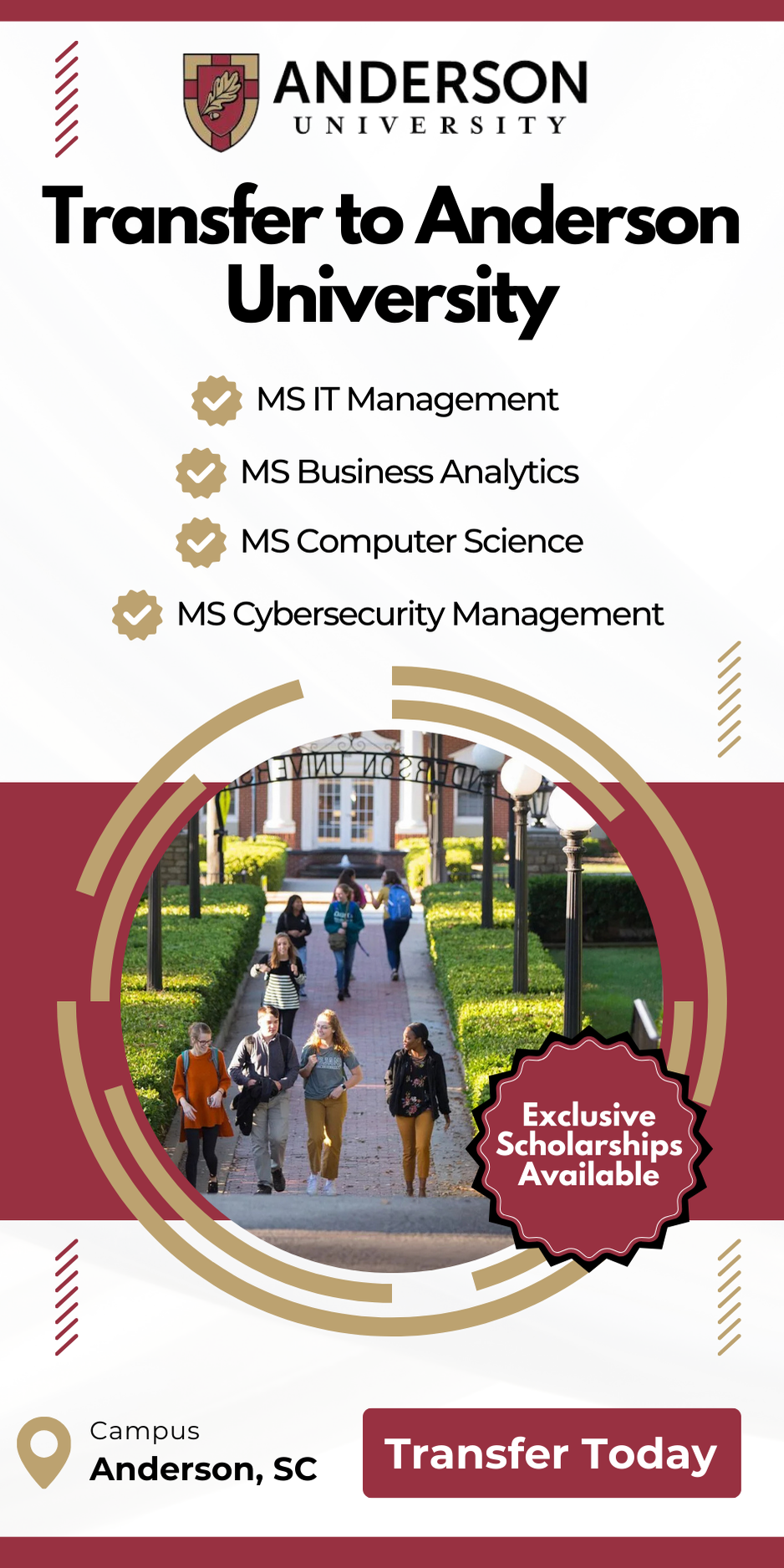Overview
The H-1B visa lottery is highly competitive, and many applicants are not selected. However, several alternative pathways exist to continue working or staying in the United States legally.
1. O-1 Visa: Individuals with Extraordinary Ability
The O-1 visa is for individuals with extraordinary ability in science, education, business, arts, or athletics. Applicants must demonstrate national or international acclaim and provide evidence such as publications, awards, or leadership in their field. Unlike H-1B, the O-1 visa has no annual cap, making it a viable alternative for highly skilled professionals.
2. Cap-Exempt H-1B Employers
Certain employers are exempt from the H-1B annual lottery cap, meaning they can sponsor H-1B petitions anytime. These include:
- Institutions of higher education
- Nonprofit organizations affiliated with universities
- Nonprofit or government research institutions
If an applicant secures employment with a cap-exempt employer, they bypass the lottery process and can work legally in the U.S.
3. L-1 Visa: Intracompany Transfer
The L-1 visa allows employees of multinational companies to transfer to a U.S. branch, subsidiary, or affiliate. There are two types:
- L-1A: For managers and executives
- L-1B: For employees with specialized knowledge
To qualify, applicants must have worked for the foreign entity for at least one year within the last three years.
4. Day 1 CPT: Study and Work Authorization
Enrolling in a graduate program that offers Day 1 Curricular Practical Training (CPT) allows students to work legally while studying. Many master’s and MBA programs provide CPT from the first day of enrollment, offering a temporary work solution for those not selected in the H-1B lottery.
5. Other Visa Options
- E-1 and E-2 Visas: For nationals of treaty countries engaging in substantial trade (E-1) or investing in a U.S. business (E-2).
- TN Visa: This visa is available for Canadian and Mexican citizens under USMCA (formerly NAFTA) for select professional occupations.
- H-2B Visa: Allows temporary non-agricultural workers in hospitality, landscaping, and construction industries.
6. Reapply for the H-1B Lottery Next Year
Many applicants apply multiple times before securing an H-1B visa. Consider options like OPT, CPT, or cap-exempt employment to stay in status while waiting.
7. Employment-Based Green Card (EB-1, EB-2, EB-3)
Some employers directly sponsor foreign workers for a Green Card instead of filing for an H-1B visa. Employment-based Green Cards include:
- EB-1: For individuals with extraordinary ability, multinational executives, and outstanding researchers.
- EB-2: For professionals with advanced degrees or exceptional ability (including National Interest Waivers).
- EB-3: For skilled workers, professionals, and unskilled laborers.
8. Seek Global Employment with Future U.S. Transfer Options
Many multinational companies hire foreign employees in other countries and transfer them to the U.S. on an L-1 visa. Working at a company with U.S. operations can increase the chances of securing future employment-based visas.
9. Use a B-1 Business Visa for Short-Term Visits
The B-1 visa allows visitors seeking short-term business opportunities to attend business meetings, conferences, and negotiations. However, employment is not permitted on this visa.
10. Consult an Immigration Attorney
Given the complexities of U.S. immigration laws, speaking with a qualified attorney can help explore personalized options based on your qualifications and goals.
People Also Ask (PAA)
1. What happens if I am not selected in the H-1B lottery?
If you are not selected, consider alternative visas, cap-exempt H-1B employers, pursuing further education, or reapplying next year.
2. Can I apply for the H-1B visa again if I am not selected?
You can reapply in the next fiscal year’s lottery if your employer sponsors you again.
3. What is a cap-exempt H-1B employer?
A cap-exempt employer is a university, nonprofit research organization, or affiliated institution that can file H-1B petitions without being subject to the lottery cap.
4. How does the O-1 visa differ from the H-1B visa?
The O-1 visa is for individuals with extraordinary ability. It does not have a lottery cap like the H-1B visa, and it requires proof of significant achievements.
5. Can I work while studying in the U.S. if not selected for H-1B?
Yes, Day 1 CPT programs allow students to work legally while enrolled in a U.S. educational program.
6. Is the L-1 visa a good alternative to the H-1B visa?
Yes, but L-1 visas require prior employment with a multinational company outside the U.S. and a transfer to a U.S. branch.
7. What are E-1 and E-2 visas?
- E-1 Visa: For nationals of treaty countries conducting substantial trade with the U.S.
- E-2 Visa: This is for investors from treaty countries who establish or invest in a U.S. business.
8. Can I stay in the U.S. after my OPT expires if I am not selected for H-1B?
Yes, options include:
- Day 1 CPT programs
- Cap-exempt H-1B employment
- Applying for another visa category (O-1, L-1, TN, etc.)
9. What should I do if my F-1 grace period is ending?
Before your 60-day grace period expires, consider enrolling in a new academic program (CPT), securing a cap-exempt job, or applying for another visa.
10. Can I leave the U.S. and apply for an H-1B next year?
You can return to your home country and reapply for the H-1B lottery next year while working abroad or applying for alternative visas.
By exploring these alternative pathways, international professionals can continue working toward their U.S. career goals even if not selected in the H-1B lottery.

